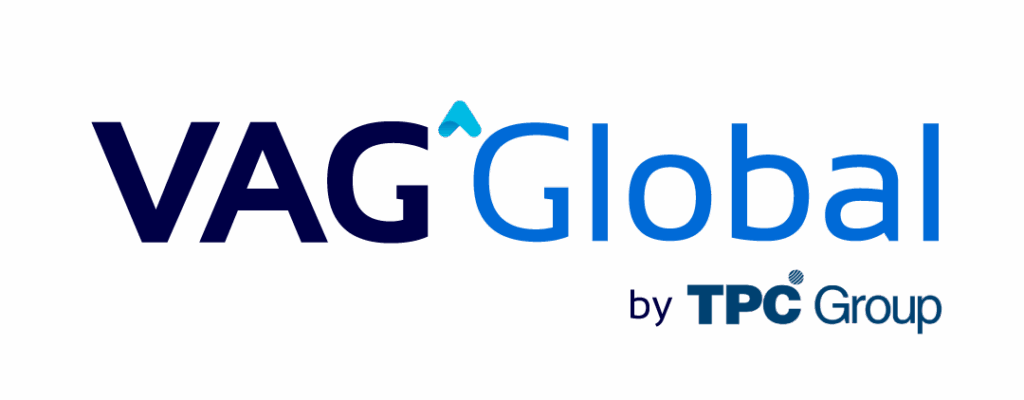In an increasingly competitive, globalized, and regulated business environment, the transparency and reliability of financial information is a determining factor for the sustainability and growth of organizations. In this context, financial auditing is an essential tool for ensuring that an entity’s financial statements accurately reflect its economic and equity situation.
An external audit performed with independence, technical rigor, and in accordance with International Standards on Auditing (ISA) allows various stakeholders (shareholders, investors, regulatory entities, suppliers, customers, and society in general) to make decisions based on reliable information.
Concept and objectives of external financial auditing
A financial audit is an independent and systematic examination of an entity’s financial statements, with the aim of issuing an independent professional opinion on whether they reasonably present, in all material respects, the financial position, performance, and cash flows in accordance with the applicable financial reporting framework (e.g., International Financial Reporting Standards (IFRS) or other regulatory frameworks).
Its main objectives are:
- To increase the credibility of the financial statements to third parties.
- To detect material errors or fraud that could distort the accounting information.
- To assess the company’s regulatory and accounting compliance.
- To issue recommendations that strengthen internal control and accounting processes.
Applicable principles and standards
The work of the external auditor is primarily governed by the ISAs, issued by the IAASB, which establish international guidelines for conducting high-quality audits. These standards cover aspects such as:
- Audit planning (ISA 300): definition of objectives, scope, resources, and schedule.
- Risk assessment (ISA 315): identification and assessment of risks of material misstatement.
- Obtaining sufficient and appropriate evidence (ISA 500): use of procedures such as external confirmations, inspection of documents, physical observation, recalculation, analysis, and interviews.
- Materiality assessment (ISA 320): determination of the materiality threshold.
- Forming an opinion and issuing the audit report (ISA 700): drafting the professional opinion and conclusions.
The auditor must also comply with the Code of Ethics for Professional Accountants issued by the International Ethics Standards Board for Accountants (IESBA), which requires independence, objectivity, technical competence, confidentiality, and professional behavior.
Phases of the financial audit process
A financial audit is carried out in a structured manner in several stages:
1. Initial planning
- Understanding the entity and its environment.
- Preliminary risk assessment.
- Determination of materiality.
- Preparation of the audit plan and program.
2. Evaluation of internal control
- Review of accounting processes and policies.
- Identification of control weaknesses that could lead to material errors.
- Testing of key controls to determine their effectiveness.
3. Execution of substantive procedures
- Detailed testing of accounting balances and transactions.
- External confirmations (customers, suppliers, banks).
- Physical observation of inventories.
- Verification of legal and contractual documents.
4. Analysis and final review
- Evaluation of findings and proposed adjustments.
- Consideration of events after the closing date.
- Review by levels of supervision of the audit team.
5. Issuance of the audit report
- Drafting of the auditor’s opinion (unqualified, qualified, adverse, or disclaimer).
- Communication to management of internal control deficiencies detected.
- Formal delivery of the report to governing bodies and stakeholders.
Strategic importance for companies
Financial auditing is not only a legal requirement for certain entities; it is also a strategic management and governance tool. Its main benefits include:
Transparency and credibility with third parties
The opinion of an independent auditor increases the confidence of investors, financial institutions, business partners, and regulators. This facilitates access to capital, reduces the cost of financing, and strengthens the organization’s reputation in the market.
Prevention and detection of fraud or errors
Rigorous analysis of accounting records and internal controls allows for the identification of inconsistencies, irregularities, or weaknesses that could lead to financial fraud or legal non-compliance.
Regulatory compliance
Many entities are required by law or by supervisory agencies to submit audited financial statements. A proper audit can prevent penalties, fines, and administrative or legal proceedings.
Improvement of processes and controls
Auditors make observations and recommendations that contribute to improving accounting processes, strengthening internal control, and optimizing risk management.
Support for strategic decision-making
Audited financial statements provide reliable information for evaluating investments, valuing companies, carrying out mergers and acquisitions, or executing financial restructuring.
Risks and challenges of financial auditing
Despite its relevance, this service presents certain challenges that must be considered:
- Inherent limitations: the use of sampling, professional judgment, and accounting estimates implies a residual risk of not detecting material errors.
- Independence and objectivity: maintaining the auditor’s independence in the face of pressure from management is critical to preserving the quality of the audit.
- Constant updating: regulatory, technological, and emerging risk changes (cybersecurity, ESG, cryptocurrencies, etc.) require ongoing training for auditors.
- Costs and deadlines: a rigorous audit involves an investment of time and resources, which may be perceived as burdensome by small entities.
Conclusion
Financial auditing is an indispensable assurance mechanism that adds value not only by complying with legal requirements, but also by strengthening corporate transparency, credibility, and sustainability. Proper execution protects the interests of investors, facilitates access to capital markets, improves internal management, and reduces the risks of fraud and non-compliance.
For companies seeking sustainable growth, having financial statements audited by independent and highly competent firms is not an option, but a strategic necessity.
Enhance the transparency and reliability of your company’s financial statements
At VAG Global, we have a team specializing in financial auditing, with extensive experience in various sectors and up-to-date knowledge of current accounting and auditing regulations.
Our professionals will provide you with an objective, independent, and high-quality service aimed at generating value, minimizing risks, and strengthening the confidence of your stakeholders.
- Strengthen your corporate reputation
- Make strategic decisions with reliable information
- Comply with regulatory requirements efficiently
Contact us today and take the next step toward sound and transparent financial management.
